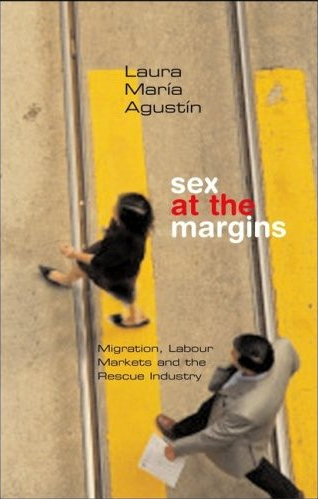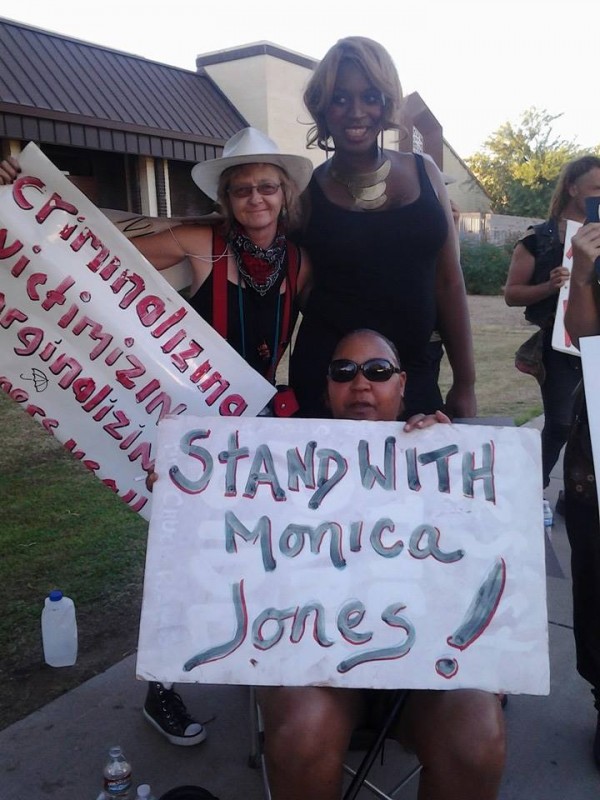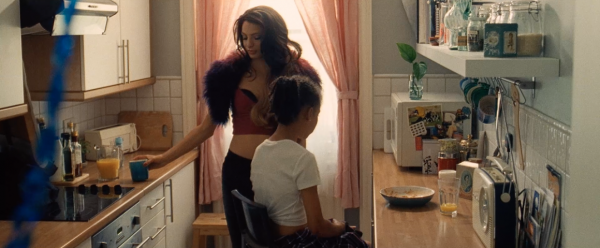Who Gets Left Out: Respectability Politics Round Table, Part One

“Respectability politics” has been a recurring phrase coming up lately in conversations within the sex workers’ rights movement. In discussions on and off the site we’ve had about drug using sex workers, sex workers with disabilities, survival sex workers, etc., we’ve been bumping up against this idea constantly. The Tits and Sass editorial staff decided to bring together a group of veteran sex workers’ rights activists and service providers and ask them how respectability politics ideology affected their work and how we in the movement can best counter these tropes.
How do you define respectability politics? How have respectability politics affected your service work in the sex workers’ rights movement?
Emma Caterine1: That’s a pretty broad question and Red Umbrella Project (at this time, we have been considering expanding to this role) is not a service provider, but let’s see if I can answer:
Respectability politics is something incredibly tangible in our legislative advocacy efforts. We are effectively told time and time again, although we are on the executive committee of the No Condoms as Evidence Coalition, that we shouldn’t “make it” an issue about folks in the sex trades. Which is a bit perplexing since there are two major populations whom the practice of using condoms as evidence affects in direct regular ways: those profiled as being in the sex trades and those who are in the sex trades. The former is comprised of identities associated with the sex trades both culturally and institutionally: trans women of color, gender variant people of color, low income women, undocumented women, etc. While it is certainly a travesty that these folks are being arrested, harassed, and even physically attacked by the police over carrying condoms, it has been extremely important for us at Red Umbrella to not imply that they are the ones who “do not deserve it,” since that insinuates that those in the sex trades deserve to be subjected to this oppression. Not to mention that the two groups are hardly mutually exclusive.
And it is certainly the attitude and language the decision makers (politicians and other public figures) have adopted when they do come out to support the No Condoms as Evidence bill: it will be prefaced with a “I in no way condone prostitution”, it will be followed by pulling one of the largest stings on clients of sex workers, or any number of methods or statements to absolve themselves of being in any way in support of something that is associated with the sex trades. You do have to buy into it to a certain extent though: I mean I was a well-dressed smiling trans woman who was ever so interested in what a staffer from DA of Nassau County Rice’s office had to say to us. His advice was important to our strategy for getting the legislation passed. But as a member of a peer-based group dedicated to empowering those in the sex trades, there needs to be a balance. Kathleen Rice and I won’t be getting coffee in the near future or posing for a photo op. I didn’t even give this staffer my card when he gave me his because outside of that meeting there is no utility in us interacting and I am not going to pretend there will be for the sake of respect. Because I don’t respect those who throw people in jail that are not only the people I am fighting for but also friends and loved ones. And in my experience confident adherence to your principles garners respect just as often if not more than playing to some idea of respectability.



